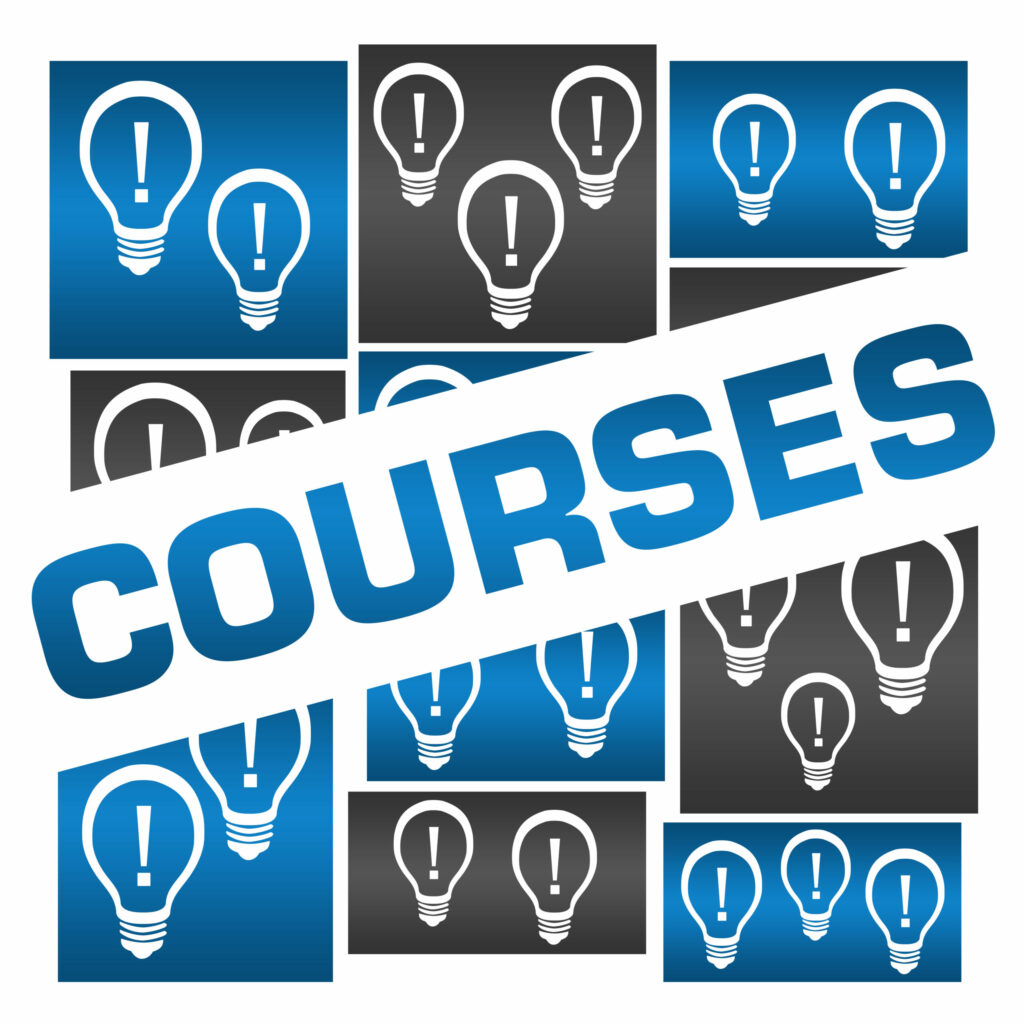Always check the Course Catalog for the most current information.
Graduate Level Course Offerings

EDUTL 8001 – Discourse Analysis and Educational Research I
Introduction to discourse analysis in educational research, theories, field work, data collection, analytic procedures, including video and audio analysis, and ethics. First course of a two-course sequence.
EDUTL 8002 – Discourse Analysis and Educational Research II
An in-depth exploration and application of discourse analysis theories and procedures for the analysis and interpretation of video, audio, and textual data collected in field-based educational research. This is the second of a two-course sequence.
EDUTL 8010 – Critical Discourse Analysis
The course will provide graduate students interested in Education, Applied Linguistics, Cultural Studies and beyond with methods for producing a language of description for modes of representation such as reading, writing, speaking, various types of performance, visual, gestural, and kinesthetic, how these modes interact, play their role in key communicative practices and are rooted in social relationships, especially relationships of power. Though we may consider discourse analysis through an interdisciplinary lens and through traditions that range from interactional sociolinguistics and narrative analysis to conversation analysis, our primary interest is in traditions of critical discourse analysis. The course explores perspectives on discourse analytical research that primarily studies the way social power abuse, dominance, and inequality are enacted, reproduced, and resisted by text and talk in social and political contexts.
EDUTL 6301 – Exploring Language and Learning in Classrooms
This course introduces in-service teachers to the use of discourse analysis to improve classroom learning. In classrooms, it is through talking and writing that students learn and teachers teach. Discourse analysis provides teachers with the intellectual, analytic, and pedagogical tools for academic learning. This requires reflecting on and rethinking models of learning, instruction and academic knowledge. This is a “hands on” course to examine and reflect on the use of spoken and written language as used to facilitate academic learning in classrooms. Using videos and transcripts drawn from classroom interactions and events, we will use discourse analysis to reflect on how language is being used and how we might create deeper and richer opportunities for academic learning. Students must currently be teaching or co-teaching in a classroom and be able to video record events in that classroom. Variations of this course are available as independent study, outreach/engagement, and as in-service.
EDUTL 7431 and 7432 – Ethnography of Literacy and Language
Ethnographers of literacy and language study oral and written language practices embedded in social and cultural contexts. Ethnography offers a fertile framework for research involving the use and acquisition of literacy, language and literacy socialization, language and identity as well as for bilingualism, vernacular dialect speakers, and English language learners. The two-semester course introduces this field of inquiry and is highly recommended for those considering literacy or language-focused studies. In the first semester, students learn about theories and methodologies used in this field; select a topic and population for research; and critically review available literature on that topic and population. In the second, students continue to learn about theory and concepts relevant to the field, focusing more on methodology and carrying out an ethnographic pilot study, including data collection (participant-observation, writing field notes, audio and video taping, collecting documents, and conducting surveys) and data analysis (writing analytic memos, coding field notes and transcriptions of taped discourse, developing models, and reporting on the research).
Undergraduate Course Offerings
EDUTL 2050- Intersections of Privilege: Language & Power
The course will foreground language and power and examine identity and identity intersections related to power, privilege, and oppression. Students will be asked to explore multiple forms of privilege and oppression (e.g., race, ethnicity, gender, language, sexual orientation, class, education, ability/disability, body shape, religion, and nationality) in relation to themselves and others. There is also an engagement/experiential learning component to the course. On a bi-weekly basis during course meeting times, students will be given an opportunity to deepen their understanding of privilege and oppression by engaging outside of the course with advocacy groups and/or organizations that seek to address an area of oppression or privilege.